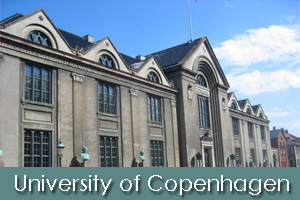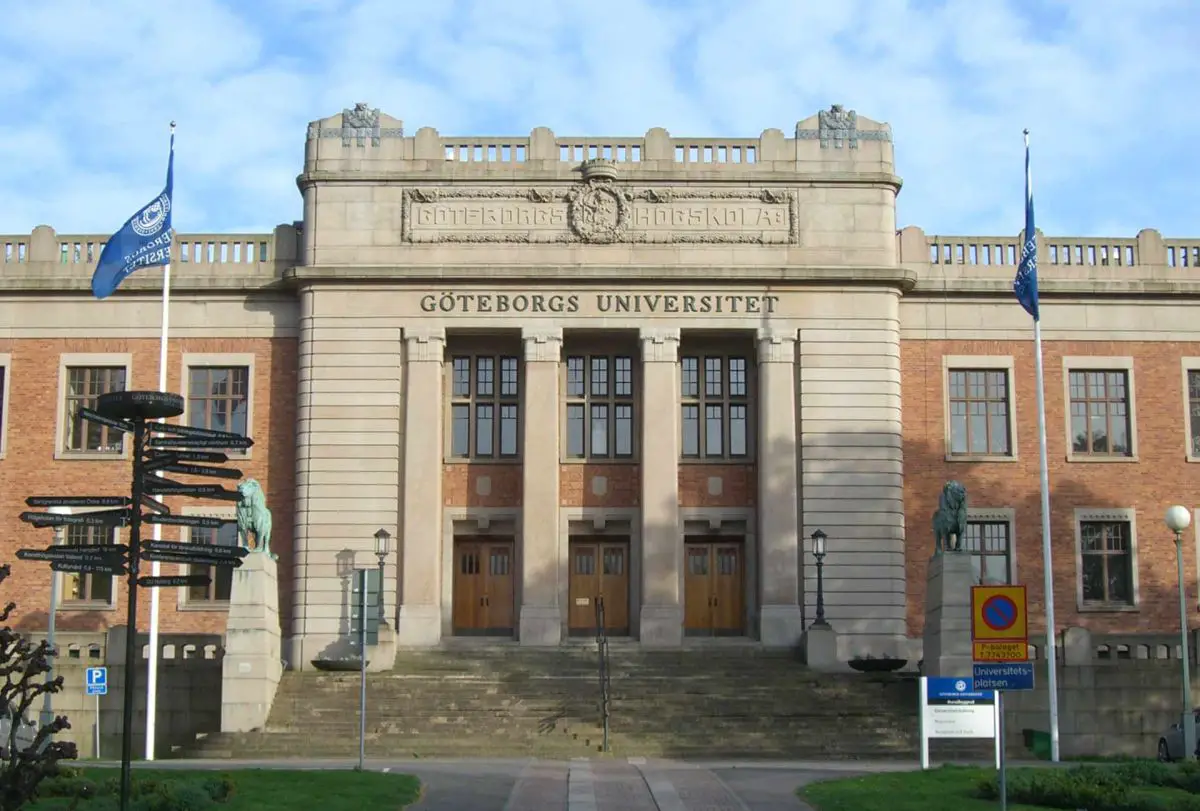The Natural Language Processing Section at the Department of Computer Science, Faculty of Science at the University of Copenhagen is offering a PhD scholarship in Natural Language Processing commencing on 01.09.2021.
Description of the scientific environment
The Natural Language Processing Section provides a strong, international and diverse environment for research within core as well as emerging topics in natural language processing, natural language understanding, computational linguistics and multi-modal language processing. It is housed within the main Science Campus, which is centrally located in Copenhagen. The section came into effect on 1 January 2021 as a spin-off from the Machine Learning section, to which it still maintains close ties. Further information about research at the Department is available here: https://di.ku.dk/english/research/. The successful candidates will join Isabelle Augenstein’s Natural Language Understanding research group (www.copenlu.com/). The Natural Language Processing research environment at the University of Copenhagen is internationally leading, as e.g. evidenced by it being ranked 2nd in Europe according to CSRankings.
Project description
The PhD fellowship is offered in the context of a DFF Sapere Aude research leader fellowship on ‘Learning to Explain Attitudes on Social Media (EXPANSE)’. Sapere Aude is a program by the Independent Research Fund Denmark to support the most talented younger researchers in Denmark with funding for blue-skies research to build up or expand their research groups.
The EXPANSE project studies attitudes voiced on social media, examining what is said, and explaining it by examining why, how and by whom attitudes are stated. Currently, the only criterion commonly taken into account when researching and developing not just such stance detection, but Natural Language Processing models in general, is predictive performance, e.g. how well models can predict labels such as ‘positive’, ‘negative’ or ‘neutral’. This does not provide any insights into why and how models arrive at certain predictions, which is crucial for utilising predictions for decision making. By contrast, this project will examine explainability as a success criterion, in an interdisciplinary approach which combines Natural Language Processing research with sociological theories.
In addition to the principle investigator and the PhD student, the project team will also include one further PhD and a postdoc, as well as interdisciplinary collaborators from sociology.
More information about the project can also be found at: https://dff.dk/en/grants/research-leaders-2020/researchleader-14
The principal supervisor is Associate Professor Isabelle Augenstein, Department of Computer Science, e-mail: augenstein@di.ku.dk.
Job description
The position is available for a 3-year period. The key tasks as a PhD student at SCIENCE are:
- To carry out your research project with increasing autonomy from your supervisors
- To write scientific articles and your PhD thesis
- To attend PhD courses on general skills development, e.g. academic writing
- To disseminate your research nationally and internationally
- To assist in the teaching of courses, typically by working as a lab assistant for one 8-week course per year
Formal requirements
Applicants should hold a MSc degree or equivalent in Computer Science or a related field, and have good written and oral English skills. The assessment of your qualifications will also be made based on previous scientific publications (if any) and relevant work experience.
Terms of employment
The position is covered by the Memorandum on Job Structure for Academic Staff.
Terms of appointment and payment accord to the agreement between the Ministry of Finance and The Danish Confederation of Professional Associations on Academics in the State.
The starting salary is currently at a minimum DKK 331,125 (approx. €43,750) including annual supplement (+ pension up to DKK 53,811). Negotiation for a salary supplement is possible.
Application Procedure
The application, in English, must be submitted electronically by clicking APPLY NOW below.
Please include
- Cover Letter, detailing your motivation and background for applying for this PhD position,
- CV,
- Diploma and transcripts of records (BSc and MSc),
- Other information for consideration, e.g. list of publications (if any),
The University wishes our staff to reflect the diversity of society and thus welcomes applications from all qualified candidates regardless of personal background.
The deadline for applications is 9 May 2021, 23:59 GMT + 1.
After the expiry of the deadline for applications, the authorised recruitment manager selects applicants for assessment on the advice of the Interview Committee. Afterwards, an assessment committee will be appointed to evaluate the selected applications. The applicants will be notified of the composition of the committee and the final selection of a successful candidate will be made by the Head of Department, based on the recommendations of the assessment committee and the interview committee.
The main criterion for selection will be the research potential of the applicant and the above-mentioned skills. The successful candidate will then be requested to formally apply for enrolment as a PhD student at the PhD school of Science. You can read more about the recruitment process at https://employment.ku.dk/faculty/recruitment-process/.
Questions
For specific information about the PhD scholarship, please contact the principal supervisor, Associate Professor Isabelle Augenstein, Department of Computer Science, augenstein@di.ku.dk.
General information about PhD programmes at SCIENCE is available at https://www.science.ku.dk/phd.


